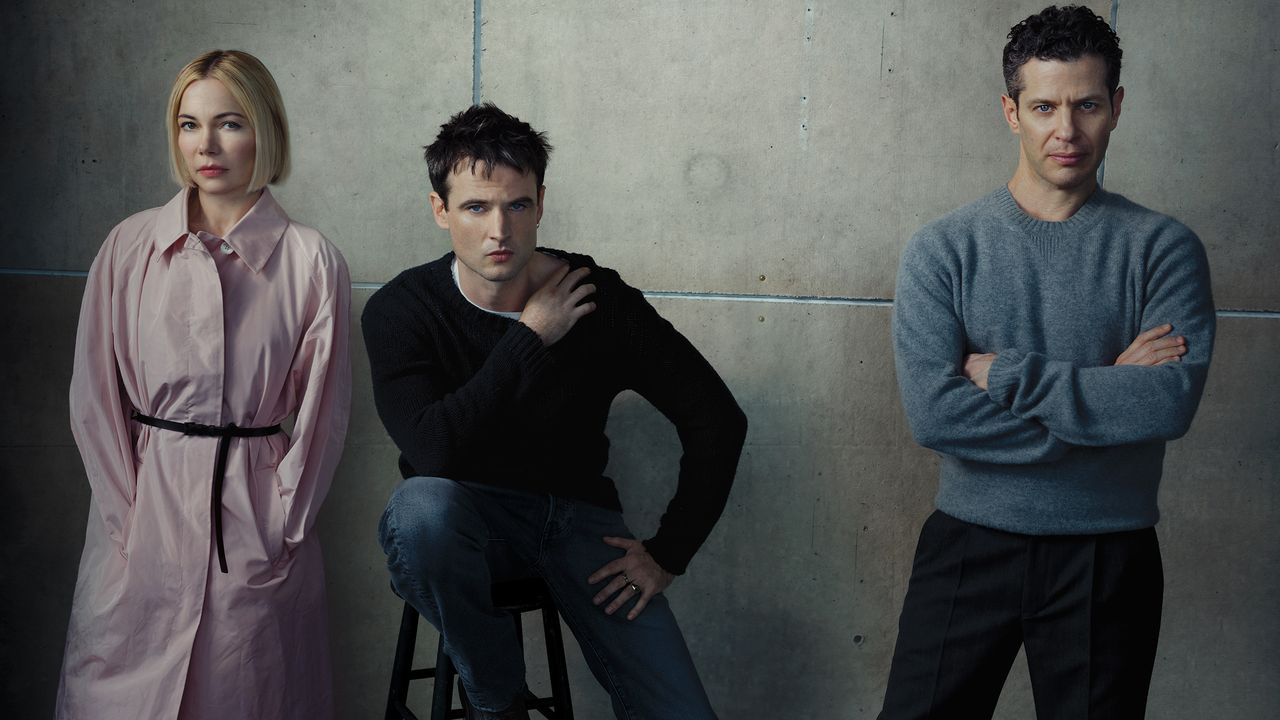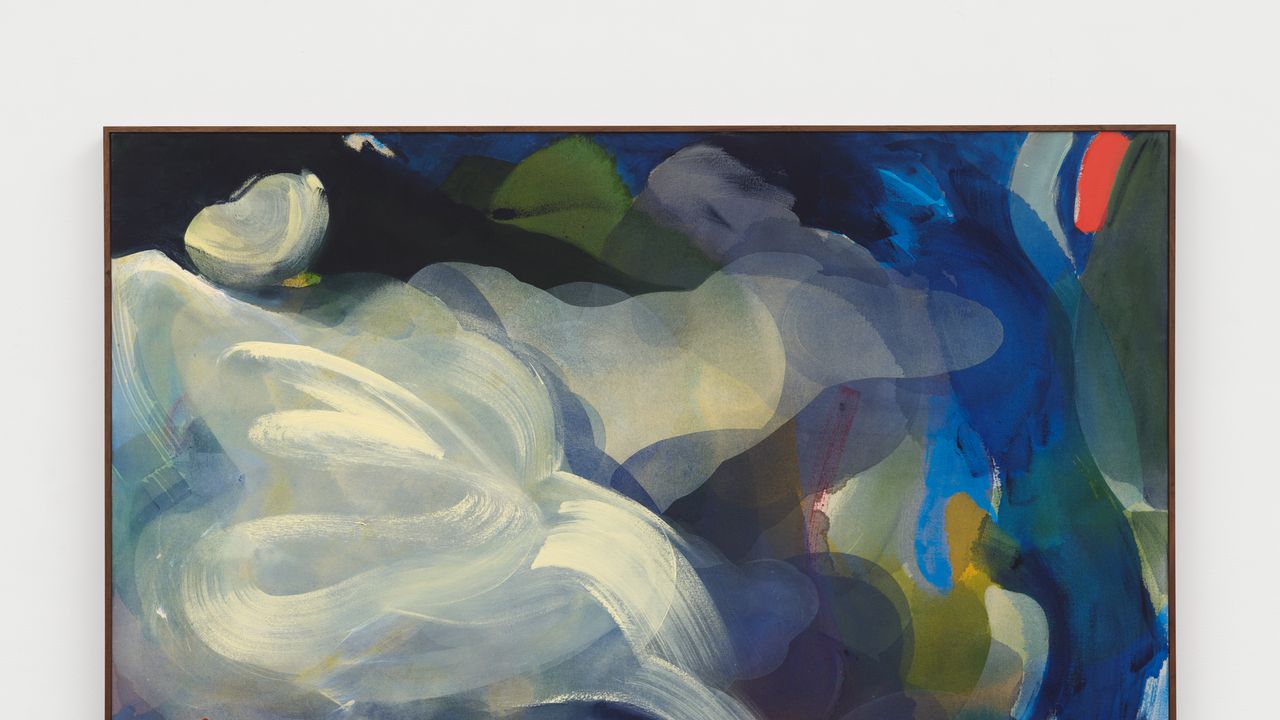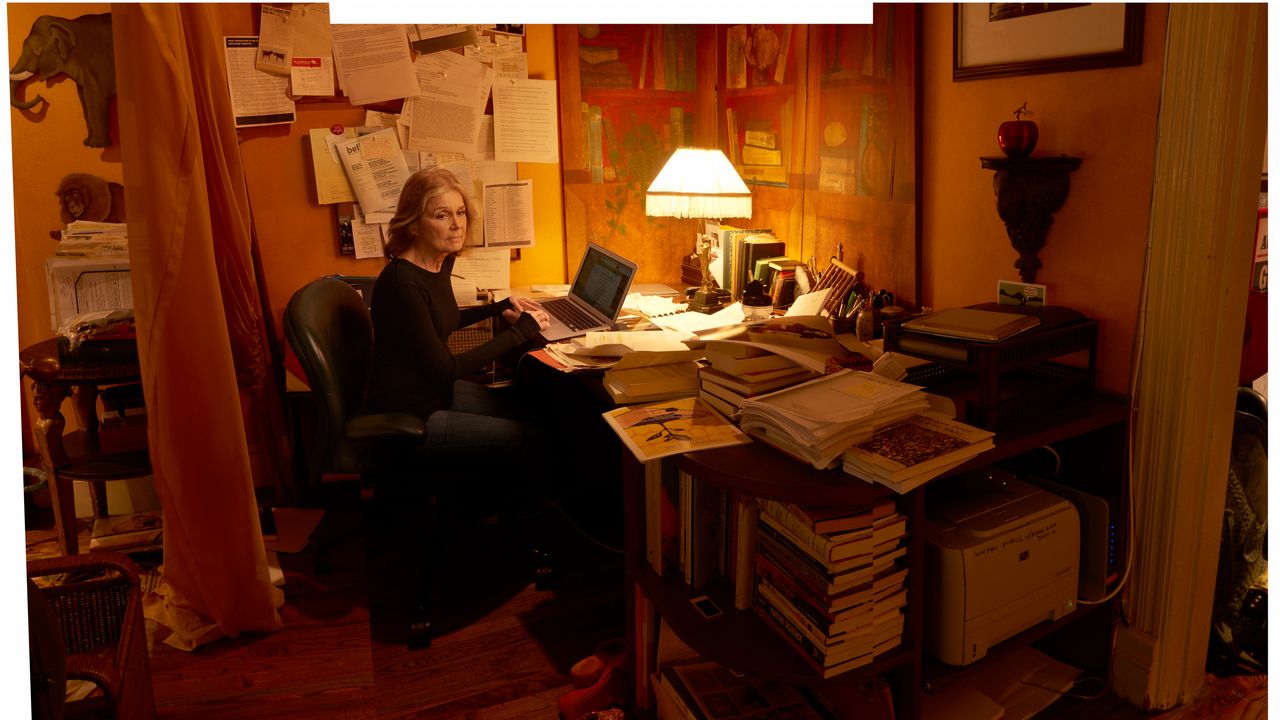The ocean, within the performs of Eugene O’Neill, is rarely impartial: It’s destiny, peril, self-delusion, rebirth, reality. How becoming, then, that it’s on a New York waterfront that I meet Michelle Williams, the star of a brand new manufacturing of Anna Christie that begins performances November 25 at St. Ann’s Warehouse in Brooklyn (opening evening is December 11). We’re in an enormous picture studio overlooking the Gowanus Canal, a spot of coarse magnificence and a setting that uncannily echoes the play’s watery, shrouded world: a rotgut saloon alongside the East River and a coal barge anchored in harbors in Provincetown and Boston—liminal areas of fog, tides, grit.
Williams settles onto a settee—poised, honest, considerate—as barges, silos, and cranes loom by means of the large studio home windows. Probably the most versatile and acclaimed actresses working at present, she has constructed her profession inhabiting difficult but indomitable ladies, and he or she chooses her roles by intuition. “It’s a response that’s completely inarticulate and flies out of my physique and attaches itself to the work like a harpoon,” she says. “After which, unexpectedly, I’m moving into that path, whether or not I actually need to or not.” Currently, that pull has been towards Anna Christie—an underappreciated, slyly humorous, stealthily feminist work by America’s best (and most tortured) playwright, which premiered on Broadway over a century in the past. “The play has been scratching on the again door for a couple of years,” she says.
Williams and her husband, the director Thomas Kail—her collaborator on the collection Fosse/Verdon—had been in search of a challenge to tackle collectively (whereas staying conscious of the calls for of elevating younger youngsters—the couple has three collectively). Theater appealed to Williams, who final appeared onstage in 2016 in Blackbird, incomes her a Tony nomination, and he or she and Kail had lengthy admired the adventurous spirit of the productions at St. Ann’s Warehouse—conveniently not removed from their Brooklyn house. Anna Christie felt particularly pressing to Williams. At a second when ladies’s autonomy is underneath renewed strain, the play was much less of a alternative and extra of a calling.
Anna is a exceptional heroine: pragmatic, blunt, witty, and unapologetically herself, demanding to be seen and understood on her personal phrases. As a woman in Minnesota, after the dying of her mom, she was deserted by her father, a Swedish seaman named Chris Christopherson. Anna has been raised by family members on a farm, endured abuse, and survived as a prostitute, information O’Neill discloses regularly over the course of the play. At its begin, she has come to New York, the place her father is stationed, searching for reconciliation and likewise a way of security and residential. When she falls in love with Mat Burke, an Irish stoker with a poetic soul—and an especially flamable mood—their romance falters as illusions collapse underneath the load of her previous. Neither her father nor Burke can totally settle for the truth of Anna’s life; their love for her is real, however their mounted concepts of womanhood collide along with her clear-eyed realism.


